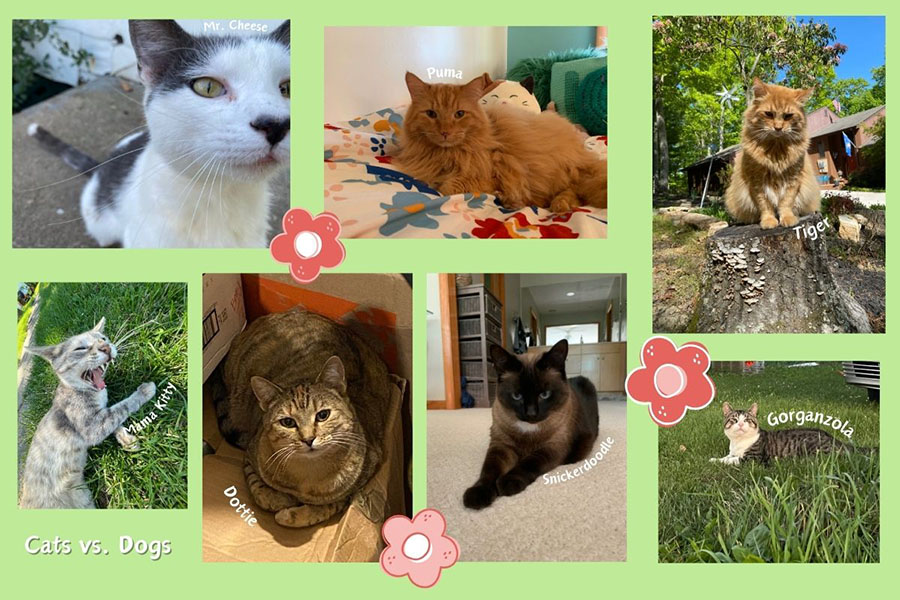Facebook, Tumblr, Twitter, Snapchat and Youtube have become more than just neat technological tools to connect with the world: they have become part of a new society.
I love technology and I think we can only progress as a society by embracing the new and cool toys our engineers and scientists dream up. However, there are always going to be people who ruin what is a potentially great application.
The newest of these tools resides in the depths of Facebook and this campus has embraced it like it’s the second coming: UWEC Confessions and Secret Admirers.
For those of you are unaware of these pages (where have you been?), the concept is to allow a person to write anonymously a confession, a secret or a funny story that they would otherwise be too embarrassed to admit.
This has attracted thousands of Eau Claire students to follow what is being written. UWEC Confessions has 2,354 Facebook likes and UWEC Secret Admirers has 2,302. That’s almost a quarter of the current population of Eau Claire.
While the idea of the pages allows the campus to connect with each other and provide support for people who are feeling depressed or lonely, it more often provides people to hide behind their idiotic or “hilarious” feelings or stories.
Both of these pages are allowing us as a new generation of adults to become lazy in our interactions and to think it’s OK to not stand behind our actions. Here I am as a writer, putting my name behind my feelings and allowing you to judge me in return. That’s how communication is supposed to work.
Expressing your feelings on a subject is always tricky. But when you put yourself in an anonymous setting, how can people truly support you? I think when a person says something they should be held responsible for what they say because your thoughts are determined by what you have lived and experienced. These two pages allow you to say whatever you feel, whenever you feel like and have no external repercussions.
Is there a time when being anonymous is appropriate? Absolutely! But in the case of UWEC Secret Admirers, if you feel strongly enough about a person to share your feelings with 2,000 people, maybe you should go talk to this person. More times than not they will respect you for taking the time and treating them like a human being rather than another face in the crowd.
I don’t think we should abandon the page completely, but rather use it as a starting point. I know talking to people is hard at first but it’s important to try. Communication needs to have that face-to-face component because that’s the easiest and most efficient way to learn about another person’s hopes, desires, dreams, experiences, stories and anything else.
The important thing to remember is interpersonal communication is supposed to benefit the society by sharing experiences and beliefs. With pages like UWEC Confessions and Secret Admirers continuing to grow, we will lose the human element of communication.






